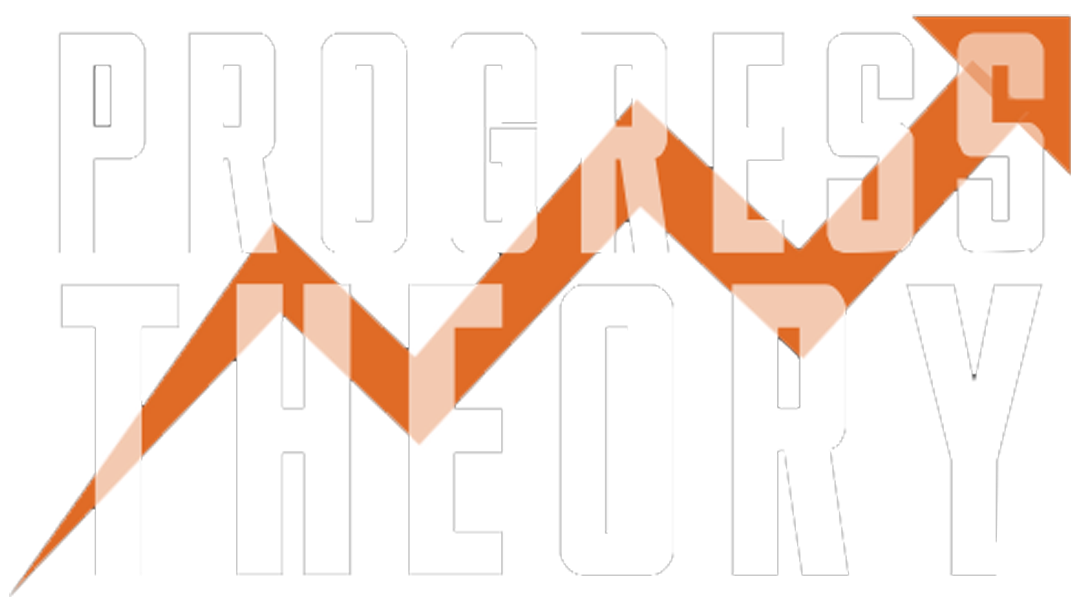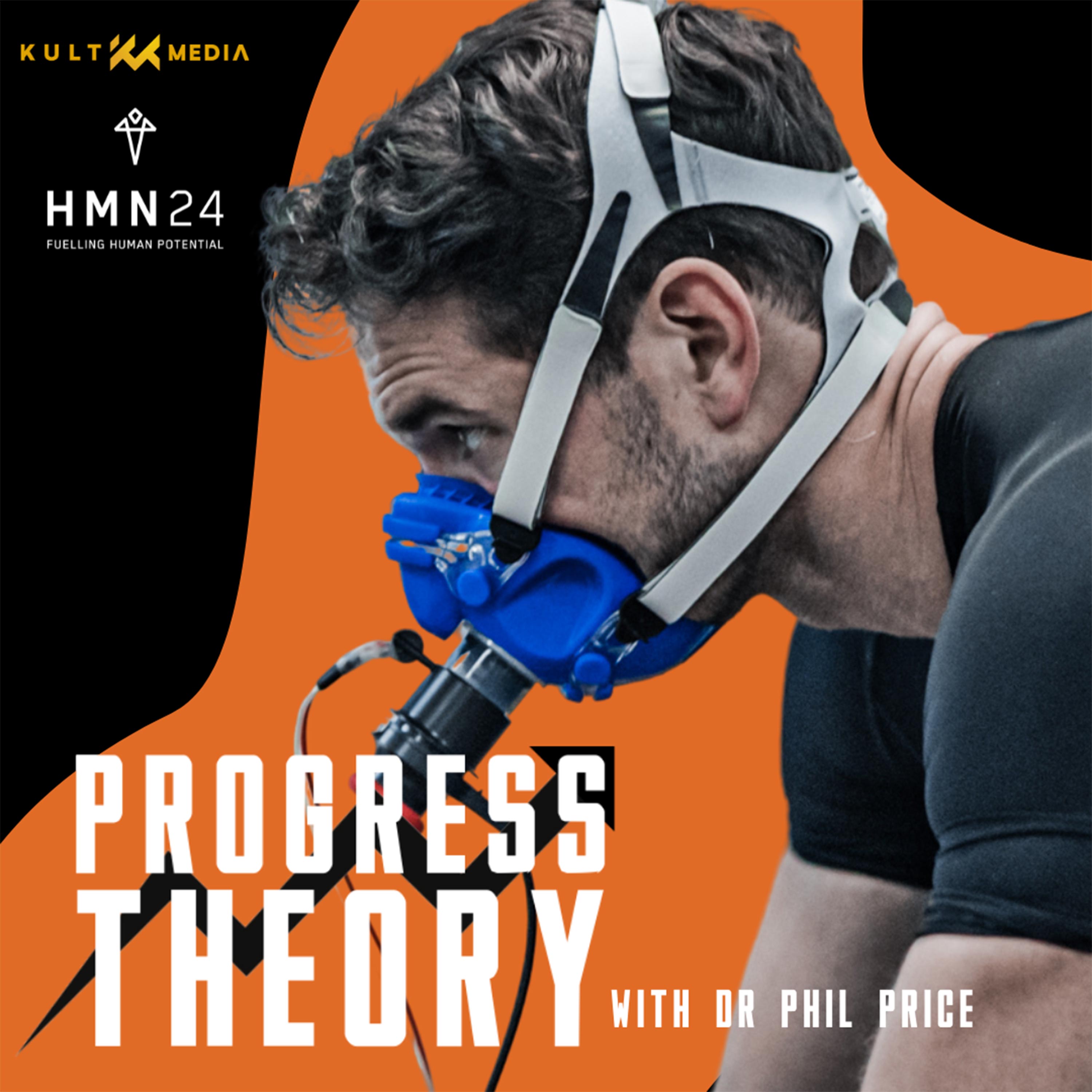Running programming for 5km/10km
Check out Episode 1.2 of the Progress Theory podcast as @freddiereadhead and @thepricep discuss how they developed their running programme for their 5km/10km sub 20/40 challenge. The episode starts with the boys reflecting on the first 2 weeks of training, how they have found the programme so far. Then they get stuck into how the programme was developed.
This episode covers:
- Phil guides us through why he chose a 6 day training cycle over a typical 7 day training week
- How Pareto's law provides the basis of balancing a programme made up of slow, long runs, intervals and tempo runs.
- Polarised training, a structure involving a balance of shorter, faster sessions and longer, slower sessions, is discussed.
- How running volume and intensity changes over the 8 weeks leading up to the re-test.
- How having an understanding of your programme and the scientific principles behind it helps training with intent.
Check it out. Like and subscribe to the Progress Theory Podcast.

